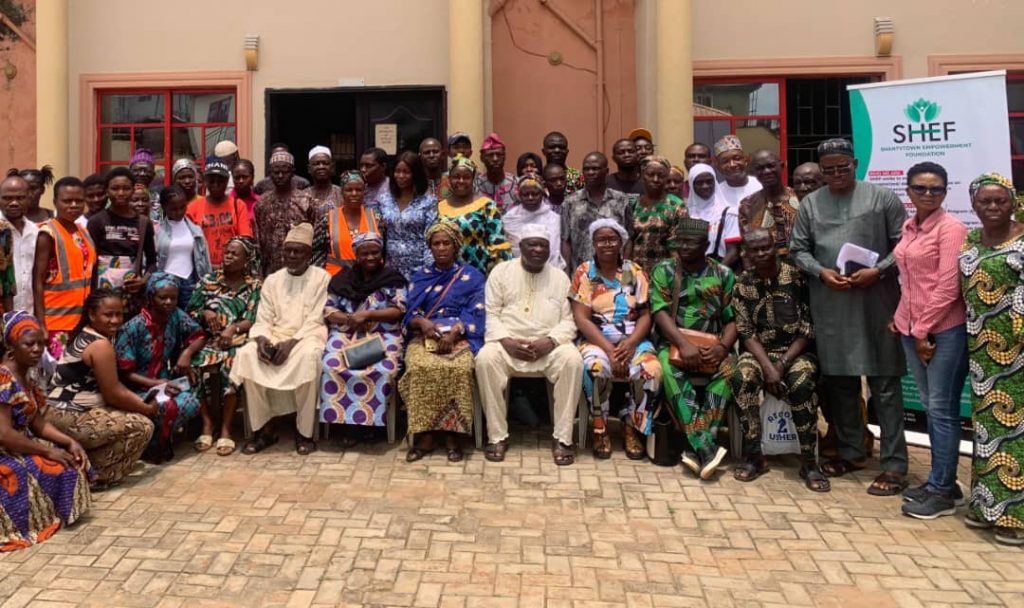The Shantytown Empowerment Foundation (SHEF), in partnership with the African Cities Research Consortium (ACRC) has launched a project to tackle water and sanitation challenges in Okerube, an informal settlement in Lagos.
The initiative, part of a five-city African research programme covering Lagos, Nairobi, Kampala, Harare, and Accra, is funded by the UK Foreign, Commonwealth and Development Office through the University of Manchester, with technical support from the Centre for Housing and Sustainable Development at the University of Lagos.
Executive Director of SHEF and WASH Project Lead, Mr Rasheed Shittu, said the project titled “Informal Settlements as Spaces of Transformative Agency” is rooted in action research and community ownership.
“We deliberately chose Okerube because of its strong women-led water committee and existing water trust fund. Unlike past benevolence projects that end up abandoned, this initiative is designed to be sustainable, community-driven, and inclusive,” Shittu said.
He explained that the project will investigate how residents source, access, and use water, while building local capacity through training, employment, and data collection.
Committees drawn from women’s groups, community development associations, small-scale entrepreneurs, and other stakeholders will oversee daily management.
Shittu added that partnership with the government remains central to achieving long-term impact. “We cannot work in isolation. Government has a constitutional role, and our responsibility is to advocate and amplify community voices so that interventions align with policy frameworks,” he noted.
ACRC Lagos City Manager, Dr Temilade Sesan, stressed the importance of integrating research with action. “This is not business as usual. Development that does not reach communities is no development at all. By combining community voices, government agencies, civil society, and academia, we are demonstrating alternative models of delivering basic services in African cities,” she said.
The launch was attended by representatives of the Rural Development authorities, LCDA, traditional leaders, market associations, community-based organisations, academia, and the media.
Community leaders welcomed the initiative, describing it as timely and a milestone for Okerube.
With profiling and data collection as a key pillar, the project is expected to generate evidence to guide future interventions and provide a foundation for replication in other informal settlements across Lagos and beyond.

